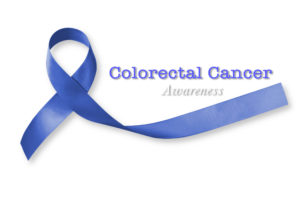Theresa Shank, RD LDN, is a registered dietitian out of Philadelphia. She provides nutritional counseling to help with a wide range of needs; weight loss, disease prevention and management, sports medicine, food allergies, and more.
What is your background in nutritional counseling?
I’ve been a dietitian for nine years now. I started at Einstein Healthcare Network as the Outpatient Dietitian, then began private consulting in 2014 and started Philly Dietitian in 2015.
Why is nutrition so important?
Nutrition is important because it is the one thing that you can control towards your health versus environmental and biological factors, which you cannot control.
What conditions can be improved with better nutrition?
All conditions can be improved with better nutrition. It is one thing we have control over that can directly impact
overall health. Weight loss can drastically improve blood pressure, obesity, heart disease and diabetes risk.
Our nutrition is the one thing that we have control over that can positively impact our overall health.
Who can benefit from a nutritional benefit?
Anyone can benefit from a nutrition visit. Food is the one thing that will always be constant in our lives, so ensuring that one has a healthy relationship with food is directly related to overall health outcomes. Working with a dietitian can help you re-calibrate your relationship with food and your nutrition routine.
How do you make a plan for your clients?
I get to know them. Whatever plan that you choose, it has to make sense for you. About 80% of what you want to follow should fit into your social life and your work life. It shouldn’t be a plan that is exclusive, it should be a plan that concentrates on what you can add into your diet versus what you take out. It can be toted as the “fastest weight-loss diet” but if it doesn’t make sense to you mentally, it’s never going to work.
Are there foods that should be avoided?
Nutrition isn’t a one size fits all and there’s no universally accepted definition of healthy. At the end of the day a dietitian helps you define what level of health and nutrition make sense for you and your overall wellness goals. Personally, I encourage the majority of my clients to be mindful of added sugars, just like someone with hypertension would be mindful of sodium intake. We know that the average American consumes 152 pounds of sugar a year. Which in excess is a major contributor to obesity.
What should people look for when trying to find healthy foods?
What to look for when shopping: color (fruits and vegetables), lean animal protein (chicken, turkey, fish) or natural plant based proteins (lentils, beans, quinoa), healthy fat sources (avocados, nuts, seeds, extra virgin olive oil), low fat dairy products.





